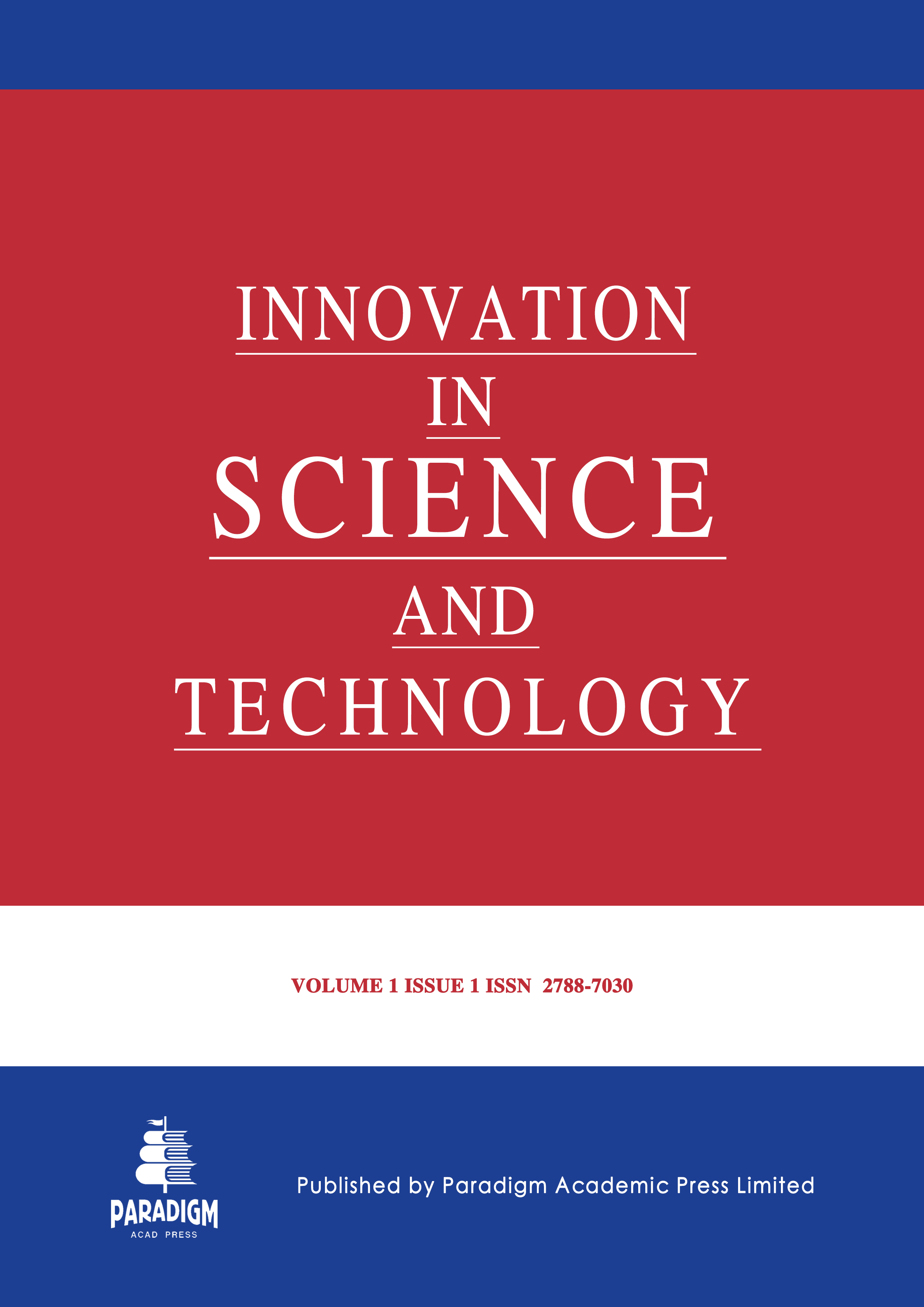Embryofetal Toxicity of Artificially Ripened Fruits: Effects of Calcium Carbide Ripened Mango Fruits on Fetal Development in Wistar Rats
Keywords:
embryofetal toxicity, calcium carbide, artificially ripened mango, Wistar rats, fetal development, heavy metal contaminationAbstract
Background: Embryonic development is a critical process that relies on proper maternal nutrition, including the intake of fruits rich in essential vitamins and minerals. Mango (Mangifera indica) is widely consumed, but its perishability necessitates artificial ripening methods such as calcium carbide (CaC2) treatment. The effects of calcium carbide-ripened fruits on fetal development remain largely unexplored, necessitating this study. Aim: This study aims to investigate the embryofetal toxicity of calcium carbide-ripened mangoes by assessing their effects on fetal development in Wistar rats. Methodology: Estrus cycling in female Wistar rats was determined via vaginal smear analysis. Forty-five pregnant rats were randomly assigned to nine groups, receiving 5mL or 10mL of blended mango paste from naturally ripened, market calcium carbide-ripened, laboratory calcium carbide-ripened (10g or 30g CaC2), or unripe fruits. Treatment was administered for 20 days. Elemental analysis of mango samples was conducted to determine mercury, arsenic, and metallic content. Gestational weight gain, fetal growth indices, and placental weight were assessed. Results: Spectrometric analysis revealed elevated levels of mercury and arsenic in market and laboratory-ripened mangoes compared to naturally ripened samples. Elemental analysis showed increased concentrations of iron, manganese, and cadmium in artificially ripened mangoes. Pregnant rats consuming calcium carbide-ripened mangoes exhibited altered gestational weight gain patterns, with some groups showing significant weight loss. Fetal resorption was observed in groups administered 10mL of market or 30g laboratory carbide-ripened mangoes, indicating severe embryotoxic effects. Placental weights were significantly reduced in these groups. Conclusion: Calcium carbide-ripened mangoes contain elevated levels of toxic metals, which may contribute to embryofetal toxicity. Exposure to these fruits during pregnancy resulted in fetal growth restriction, increased fetal resorption, and altered maternal weight gain patterns.


